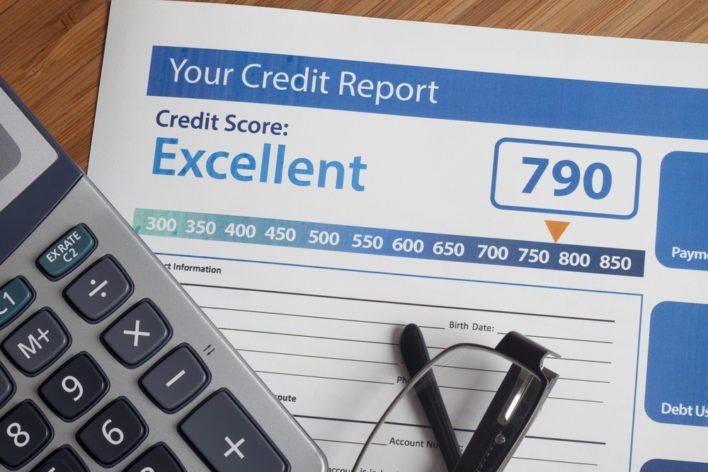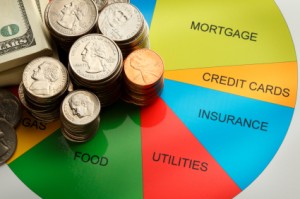
Easy Steps to Help Improve Your Credit Score
When you plan on applying for a loan, your credit score will be used by potential creditors or lenders to determine if you qualify. The ratings are an indication of the level of risk you are to the creditors. Since these financial institutions don’t recognize you personally, your credit background and credit score play a big part in determining if you’re eligible to get a loan.
A score of more than 700 is considered great credit, but anything below 601 equates to bad credit risk. The risk intensity of an individual’s financial status can be managed using the steps below to improve one’s chances of getting a loan.
Avoid Late Bill Payments

Among the known ways of boosting your credit score is clearing your bill when due. Your payment background accounts for 35% of your score. You can easily use your smartphone to clear your bills. You also have the option of setting auto-payment to help you make the bill payments on time. On the same smartphone, you can find various applications to assist you in budgeting as well.
Avoid Paying Minimum Charges
Get used to the habit of paying on time and, if possible, make sure the amount is more than the minimum required. This technique will help in minimizing your debt load. In the case that you have more than a single debt balance, make larger payments on one account and maintain paying minimum charges on the other accounts. You will be able to focus on clearing your debt more comfortably.
Make an Effort to Clear Your Debt

Rather than move your funds around from account to account, try and clear any pending debts on all the accounts you own. Another significant contributor to your score is the number of funds owed matched to the credit balance available. The available amount is known as an open credit utilization rate. You need to try and not use your overall credit limit. Creditors and lenders do a thorough analysis of a borrower’s utilization rate.
Review Your Credit Reports for Any Errors
A simple yet ignored step. The majority of clients do not review their credit reports. The problem with such a habit is that minor errors may be included in your records and affect your financial flow. When you go through your financial reports, you will be able to identify any inaccuracy and make an immediate inquiry for corrections to be made. This way, you keep your account safe. The inaccuracies can make a negative impact on your score without you realizing it hence the pre-caution.
Once you put these tips into work, you will start noticing a change in your financial reports.…


 on how to do this, there is a general benchmark that you could consider when budgeting to help you do things right. Below are some valuable steps to help you budget your monthly expenses efficiently.
on how to do this, there is a general benchmark that you could consider when budgeting to help you do things right. Below are some valuable steps to help you budget your monthly expenses efficiently. With your overall income in mind, move to the second step and characterize your expenses as either needs or wants. In every household, bills normally take the biggest chunk of income and, therefore, fall under needs since we cannot do without paying them. If you have
With your overall income in mind, move to the second step and characterize your expenses as either needs or wants. In every household, bills normally take the biggest chunk of income and, therefore, fall under needs since we cannot do without paying them. If you have  what you can strike out without jeopardizing your life. For example, you can survive without any complications if you opt to cook your own meals as opposed to eating out. Try to come up with a plan that will allow you eat healthy while saving more money in the process. You should also come up with proper plans that will help you eliminate wastage as much as possible.
what you can strike out without jeopardizing your life. For example, you can survive without any complications if you opt to cook your own meals as opposed to eating out. Try to come up with a plan that will allow you eat healthy while saving more money in the process. You should also come up with proper plans that will help you eliminate wastage as much as possible.